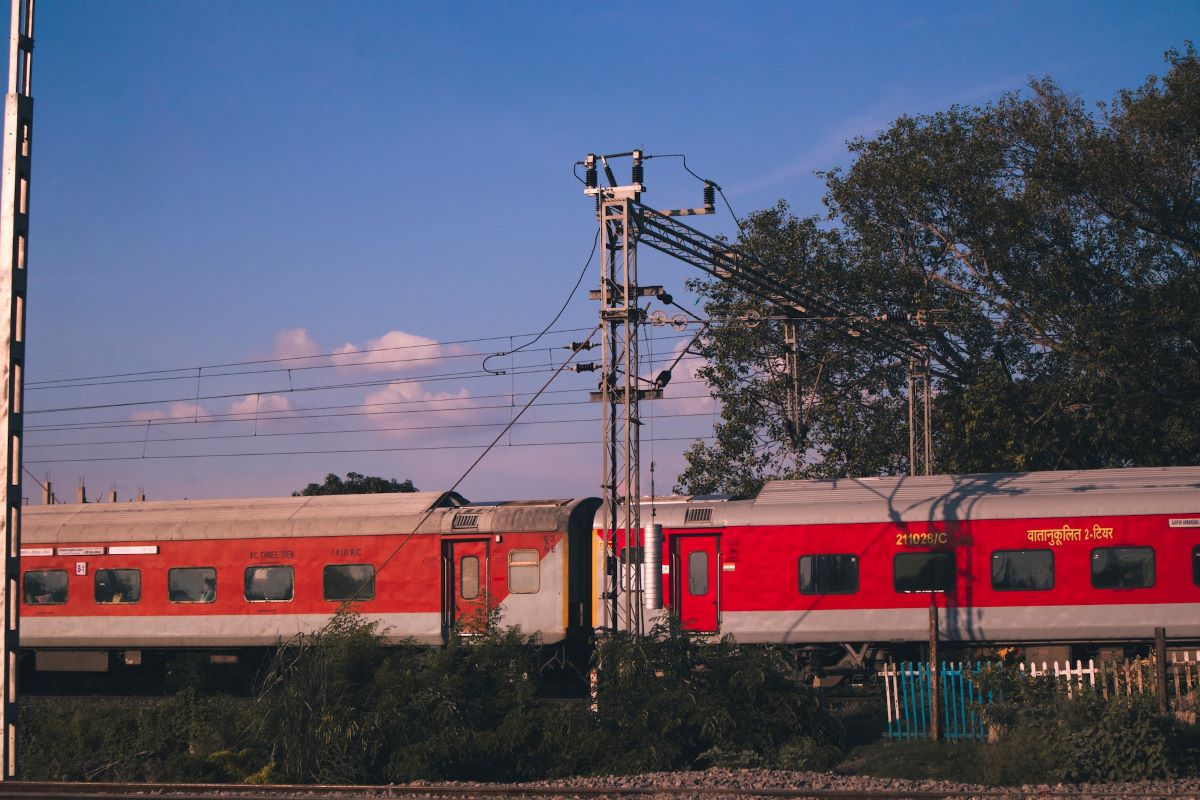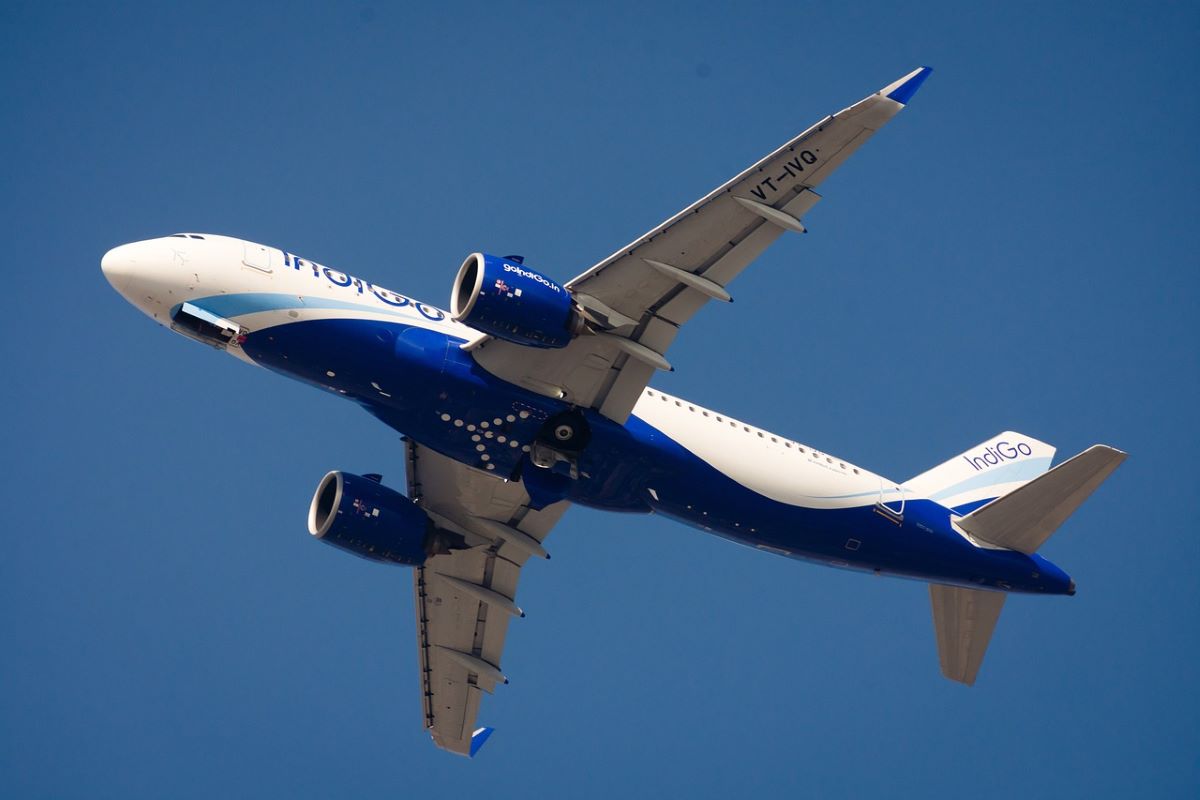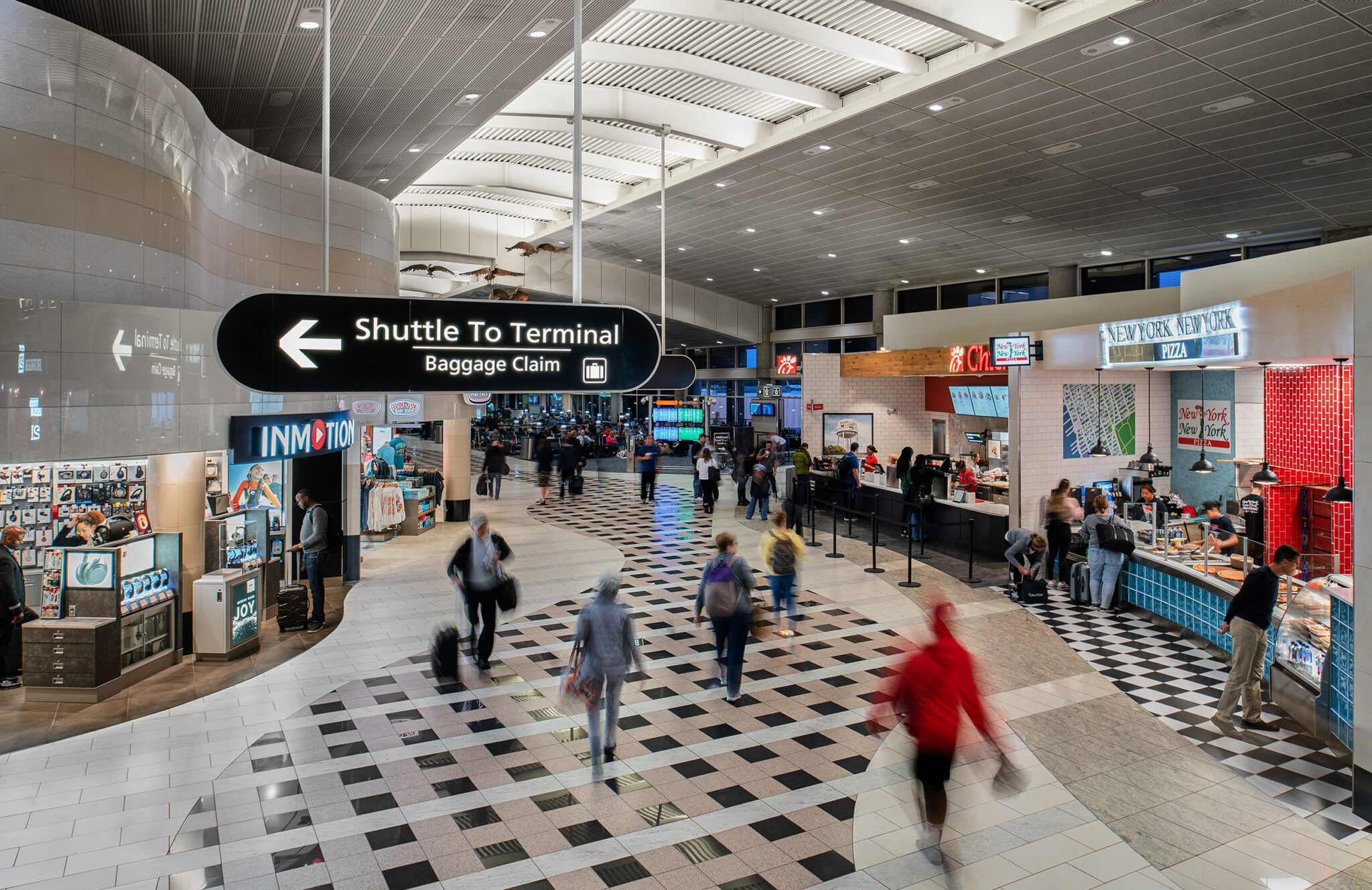Rail and Bus to Drive Next Phase of Growth for India’s Online Travel Platforms

Skift Take
A large part of India travels by bus and rail. And taking advantage of the country’s significant leap in online train ticketing is Ixigo — including its subsidiary ConfirmTkt — which leads the way with nearly 50% market share of India's online travel.
“More Indians use trains for long-distance, intercity, non-commuter travel than they do on planes or buses,” said Aloke Bajpai, co-founder and group CEO of Ixigo.
A recent report from travel consultancy firm Videc revealed that ground transport is the driving force behind India’s online travel market, with the rail and intercity bus categories accounting for 30% of the total market.
The OTA rail market is projected to grow at a 23% annual rate from 2023 to 2026, to $2.2 billion; the intercity bus market is set to increase 21%, to $1.9 billion.
In 2021, Ixigo made two acquisitions in rapid succession — train booking platform Confirmtkt and bus ticketing platform AbhiBus. With more than 70 million monthly active users, Ixigo aims to cross-sell and upsell on both the apps by offering train bookings as well as flight and bus ticket purchases.
As per Videc's findings, MakeMyTrip-owned RedBus stands out in the intercity bus category, securing a commanding three-fourth share.
The online bus ticketing platform has a presence in India and a number of other countries including Peru and Singapore. It has 3,500 active bus operators, including more than 20 state government operators, signed on its platform.
“From being a pioneer in the digitization of bus inventory to online distribution, RedBus has come a long way with around 4,000 private bus operators and 23 state road transport corporations connected to the platform,” said Prakash Sangam, CEO of RedBus.
This translates to more than 50,000 daily services with an inventory of over 2 million daily bus seats and a network that connects 350,000 unique routes across the country, thereby making RedBus one of the largest players in online bus ticketing not just in India but also globally.
In the financial year 2023, the gross bookings value of RedBus grew at 110% year-on-year.
Key Drivers of Growth
Infrastructure transformation: India’s substantial investment in infrastructure, including road networks and railway electrification, has significantly contributed to the growth of ground transportation.
“One of the critical variables is the digitization of buses, which include seat bookings, service quality, customer experience, vehicle monitoring and real-time tracking,” said Prahlad Krishnamurthi, chief business officer of Cleartrip.
“Even state government-run operators are expanding their fleet to meet the growing demand,” he added, citing lower ticket price, booking flexibility and last-mile connectivity as the core strengths for the intercity bus segment.
Digital leapfrogging: Increased internet penetration in smaller towns and cities, coupled with billions of digital transactions every month, has catalyzed the online adoption of ground travel booking platforms.
“In 2012-13, when mobiles started to take off, followed by cheaper smartphones and the emergence of telecom giant Jio with its untappable pricing, internet costs dropped dramatically. And this led to a growth in rail and bus travelers online,” said Bajpai.
Market dynamics and opportunities: The inclusion of unreserved bookings under the government’s Indian Railway Catering and Tourism Corporation’s gambit presents a new avenue for expansion.
“This provides players like us with access to a virgin user base, resulting in enhanced revenue opportunities and market share,” said Bajpai.
Bajpai predicted that the next 50 million flyers will emerge from smaller towns — the Tier 2 and Tier 3 cities. “We aim to attract the current train or bus traveler to choose flights instead. And we are already observing a positive trend in converting some of these train and bus bookers into flight travelers,” he said.
Apart from delivering a superior travel experience and increasing the yield of buses, technology tools have helped fleet operators run their buses with maximum transparency.
“RedBus offers full ecosystem support to bus operators at all stages of their business journey. We offer incubation and support for newer operators though programs like Saathi. We support established operators to expand and increase their revenue through machine learning-powered dynamic pricing, customer feedback services, operational support, actionable data-based business analytics and smart promotions,” said Sangam.




